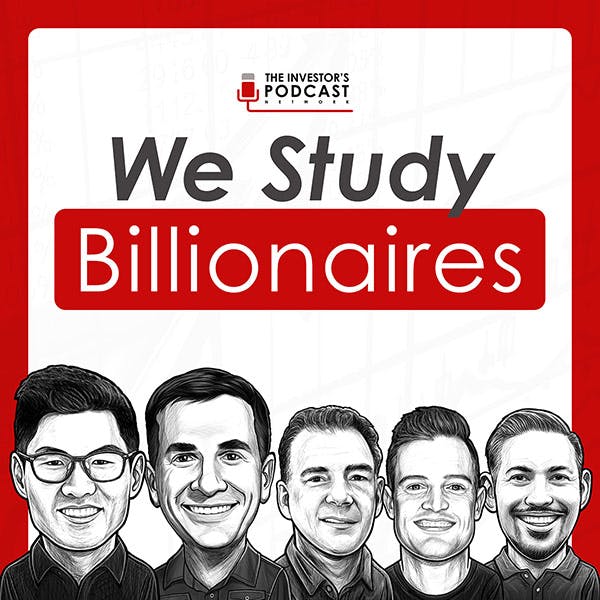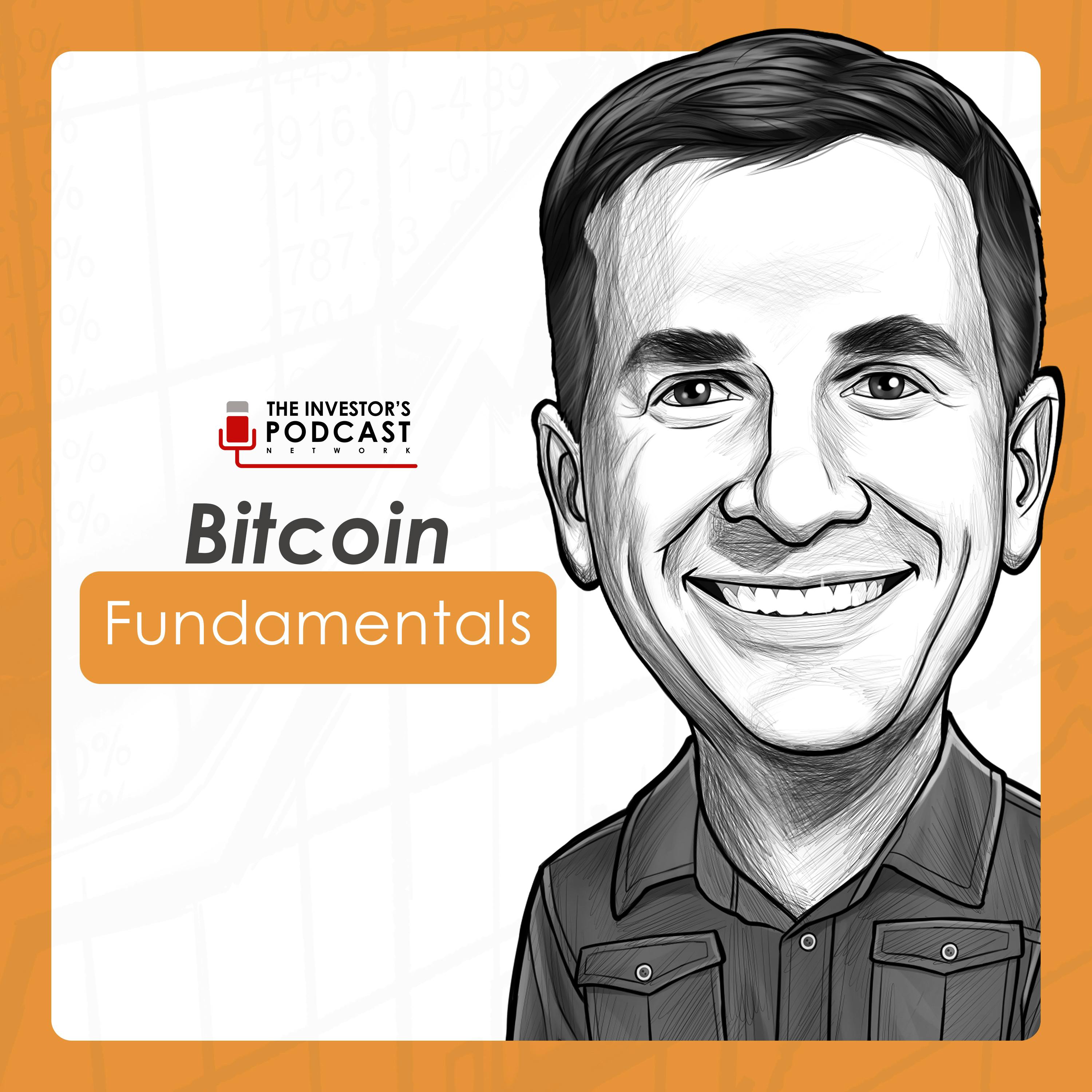
November 10, 2024 • 1hr 31min
RWH051: Master of Change w/ Brad Stulberg
We Study Billionaires - The Investor’s Podcast Network

Key Takeaways
- Change and instability are inevitable - Rather than resisting change, we need to learn how to adapt and thrive amid uncertainty
- Rugged flexibility is key - Being both determined/durable while remaining adaptable helps navigate change successfully
- Core values provide stability - Having 2-5 clear guiding principles helps maintain direction during turbulent times
- Simple fundamentals matter most - Focus on mastering basic practices rather than chasing complex optimization
- Community support is crucial - Social connections and support networks help build resilience
- Tragic optimism balances realism with hope - Accepting life's difficulties while maintaining optimism
Introduction
In this episode, William Green interviews Brad Stulberg, author of "Master of Change" and "The Practice of Groundedness." Brad shares insights on how to thrive amid uncertainty and change based on his experience as a performance coach and his personal journey dealing with major life transitions. The conversation explores practical tools and mindsets for building resilience and adaptability in an increasingly unpredictable world.
Topics Discussed
Brad's Journey with Change (4:55)
Brad describes several major life changes that led him to study this topic deeply:
- Leaving a secure healthcare job to start his own practice
- Moving across country from San Francisco to Asheville
- Becoming a father twice
- Experiencing both professional success and failure
- Dealing with a career-ending sports injury
- Battling unexpected clinical depression
Understanding Change Models (8:55)
Brad contrasts two models for understanding change:
- Homeostasis - Traditional view of change as disruption that needs to return to original state
- Allostasis - More accurate model showing how systems achieve stability through adaptation
"Allostasis says that we achieve stability through change. It has this elegant double meaning - it's possible to be stable through change, and the way to be stable through change is through changing."
Rugged Flexibility (18:35)
Brad introduces his core concept of "rugged flexibility":
- Rugged - Being determined, durable, robust
- Flexible - Being soft, supple, able to bend without breaking
- Success requires both qualities working together
- Example of Roger Federer adapting his game while maintaining core values
Developing a Fluid Sense of Self (35:20)
Discussion of how to maintain identity while adapting to change:
- Define identity through values rather than specific activities
- Diversify sources of meaning and identity
- Focus on "being" rather than "having"
- Use metaphor of identity as a house with multiple rooms
Tragic Optimism (43:38)
Brad explains Viktor Frankl's concept of tragic optimism:
- Accepting life's inherent difficulties while maintaining hope
- Avoiding extremes of toxic positivity and nihilistic despair
- Finding meaning amid struggle
- Taking responsible action despite uncertainty
Routines and Stability (52:10)
Discussion of key practices for maintaining stability:
- Core fundamentals:
- Regular exercise/movement
- Community connection
- Quality sleep
- Basic nutrition
- Importance of simple consistency over complex optimization
- Skepticism of trendy biohacking approaches
The Four P's Technique (1:10:45)
Brad outlines his method for avoiding reactive responses:
- Pause - Stop and take breaths
- Process - Evaluate what's happening
- Plan - Consider options aligned with values
- Proceed - Take thoughtful action
Handling Adversity (1:16:18)
Lessons from Brad's experience with depression:
- Accept that sometimes things just feel terrible
- Don't force meaning-making during acute pain
- Lean on community support
- Practice voluntary simplicity
- Learn to surrender when needed
Modeling Resilience for Children (1:20:19)
Brad shares how he tries to prepare his children for an uncertain future:
- Focus on what can be controlled
- Balance self-compassion with self-discipline
- Allow space for difficult emotions
- Demonstrate trying hard things while accepting failure
- Model tragic optimism in age-appropriate ways
Conclusion
The conversation provides a practical framework for developing greater resilience and adaptability in an increasingly unpredictable world. By cultivating rugged flexibility, maintaining simple fundamental practices, and adopting a mindset of tragic optimism, we can learn to navigate change more effectively while staying grounded in our core values. The key is not to resist change but to learn how to maintain stability through change itself.









